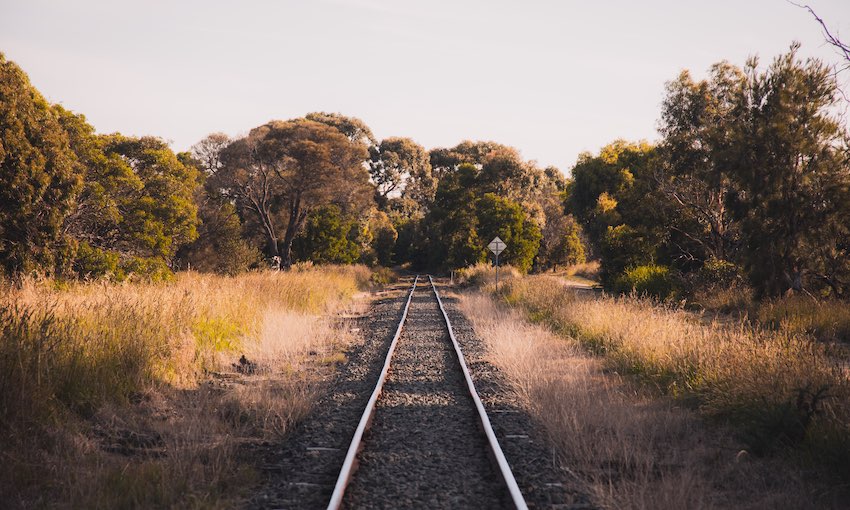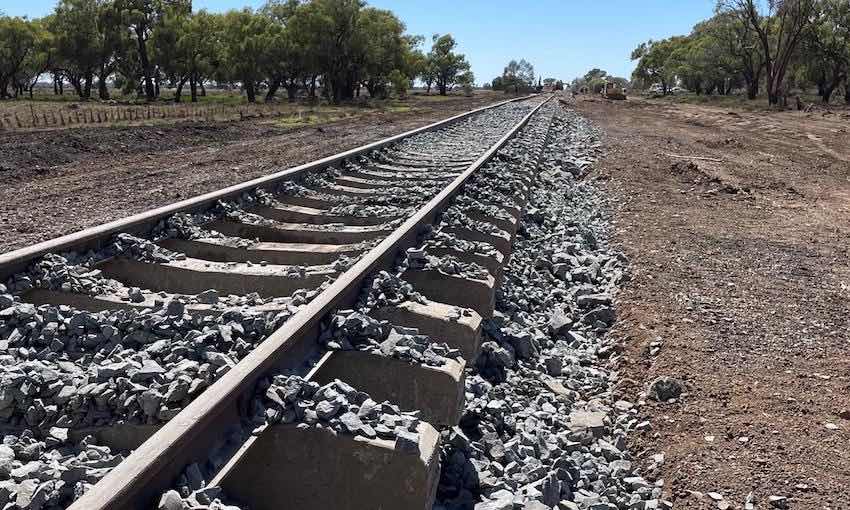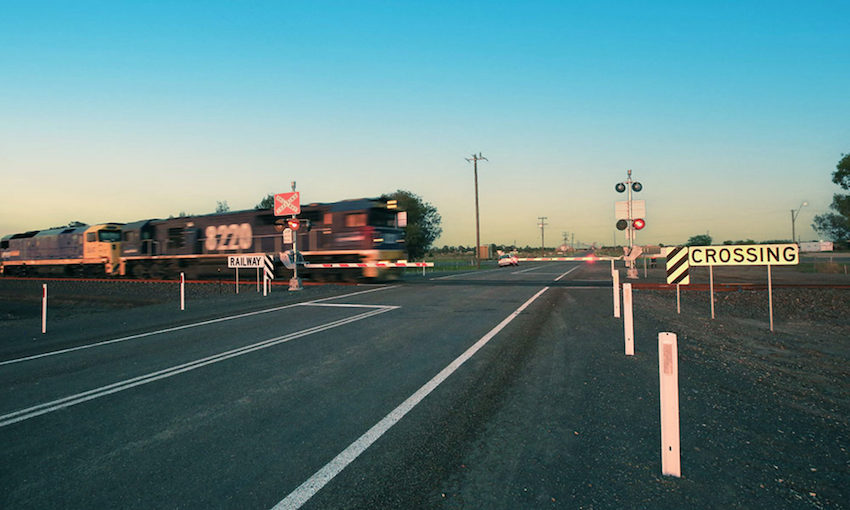AFTER Scott’s Refrigerated Logistics went into liquidation, rail freight operator Pacific National said it was working to maintain the links in the national cold chain.
Pacific National CEO Paul Scurrah said to help mitigate current disruptions and maintain the future integrity of the national cold storage supply chain, Pacific National was working closely with a range of customers in the sector to keep refrigerated freight flowing.
“During the coronavirus pandemic and associated border lockdowns, rail proved itself to be the safest, most efficient, and environmentally friendly way of transporting large volumes of containerised freight across the length and breadth of the nation,” he said.
Mr Scurrah said the company’s collapse means the transport of reefers will now inevitably shift from road to rail.
“This is particularly the case for reefers needing to be transported long distances between major capital cities like Sydney, Melbourne, Brisbane, Adelaide and Perth where consumer demand for refrigerated goods is highest,” he said.
“Trucks will still transport reefers the first and last mile to major intermodal terminals like Pacific National’s Sydney Freight Terminal at Chullora or Melbourne Freight Terminal at South Dynon, but the demise of such a big player in the market like Scott’s will certainly change the dynamics of long-distance interstate and intercity haulage of refrigerated goods. Put simply, rail freight is set to play a bigger role in the national cold storage supply chain.”
Mr Scurrah said Pacific National could increase its capacity in the sector by at least 5% every year from the current baseline of hauling approximately 150,000 reefers each year.
Mr Scurrah said Pacific National has more than 180 main line locomotives and 2000 wagons dedicated to its nationwide containerised freight business.
“Our rail terminals are unrivalled in terms of both strategic locations and capacity, allowing Pacific National to service its 300-plus freight customers at sites in close proximity to processing plants, supermarket distribution centres, and warehouses in major cities and regional centres,” he said.
Collectively, Pacific National’s national network of interstate and regional intermodal and IMEX terminals can consolidate and tranship about 1.1 million TEU each year, notably at major facilities in Sydney (including St Marys Freight Hub, Western Sydney), Parkes, Junee, Taree, Melbourne, Brisbane, Townsville, Rockhampton, Adelaide, Port Augusta, Whyalla, and Perth.
Mr Scurrah said Pacific National is investing heavily in its containerised freight business, including a $330-million purchase of 50 new main line locomotives – to be assembled in Newcastle – due to be delivered into service in 2024.
“Pacific National has also ordered 110 new dual wagon sets designed for hauling double-stacked containers,” he said.





